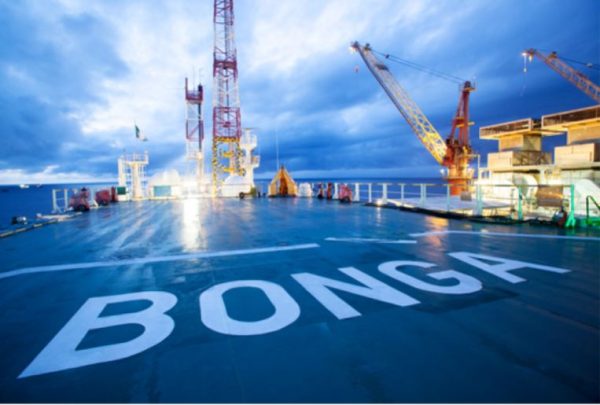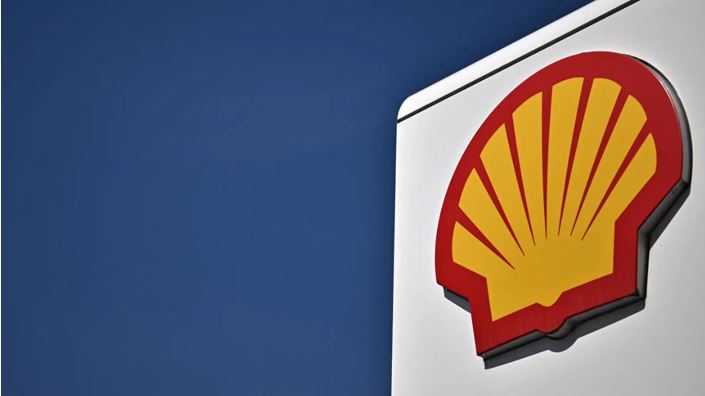This article talks about shell to sell its onshore Nigeria oil business for $1.3 billion, its reasons for such move and further plans in Nigeria.
Operating in the nation of West Africa since the 1930s, Shell has endured years of hardship due to hundreds of oil spills at its onshore facilities, which resulted in expensive repairs and high-profile legal actions due to theft, sabotage, and operational problems. Since 2021, it has attempted to sell its oil and gas company in Nigeria; nevertheless, it will continue to operate in the country’s more profitable and less problematic offshore market. Shell would achieve its long-term objective of removing itself from a difficult operating environment in the Niger Delta if the agreement is approved by the government.
Shell to sell its onshore Nigeria oil business for $1.3 billion, its reasons for such move and further plans in Nigeria.
Shell said that it had agreed to sell its onshore oil and gas business in Nigeria to Renaissance, a consortium of five companies comprising four exploration and production companies based in Nigeria and an international energy group, for $1.3 billion. The Renaissance consortium is comprised of ND Western, Aradel Energy, First E&P, Waltersmith and Petrolin.
Read: OPEC’s Resolution Puts Nigeria’s Projected 2024 Oil Revenue In Doubt
The transaction seems unusually complex, Shell says that it will receive $1.3 billion and that there could be other payments, up to an additional $1.1 billion. It estimated the book value of the Nigerian subsidiary at $2.8 billion. The company is providing loans and other funds of up to $2.5 billion to help the buyers finance the transaction and to bolster continued operations at the joint venture. The transaction is an effort by Europe’s largest energy company to reduce its risks in Nigeria, Africa’s largest oil producer. Nigeria has long been a cornerstone for Shell, but also the source of a damaging legal and environmental legacy.
Read: Oil Workers Reject Shell’s $2.4bn Assets Sale, Declare Strike Notice
The deal would fulfil Shell’s long-term goal of exiting from a challenging operating environment in the Niger Delta region. It will retain a presence in other parts of the country. Over the last decade, Nigeria’s oil production has declined by about 40 percent because of lack of investment and management problems. Reflecting this slippage, the Organization of the Petroleum Exporting Countries (OPEC) in November trimmed Nigeria’s production quota by about 200,000 barrels a day to 1.5 million a day.

Specifically, Shell said it would sell its Nigerian subsidiary, which owns 30 percent of a joint venture that operates a vast maze of wells and pipelines and other installations in the swampy Niger Delta. Other partners in the joint venture include Nigeria’s state oil company, which has a 55 percent stake, and France’s Total Energies. Zoe Yujnovich, Shell’s director for production, said the company’s aim was “simplifying our portfolio.” She also said in a statement that Shell wanted to focus its future investment in Nigeria on offshore drilling and liquefied natural gas, a business in which Shell is a global leader. Offshore operations are also much easier to protect from the piracy and other problems that have plagued oil production in Nigeria.

